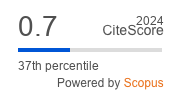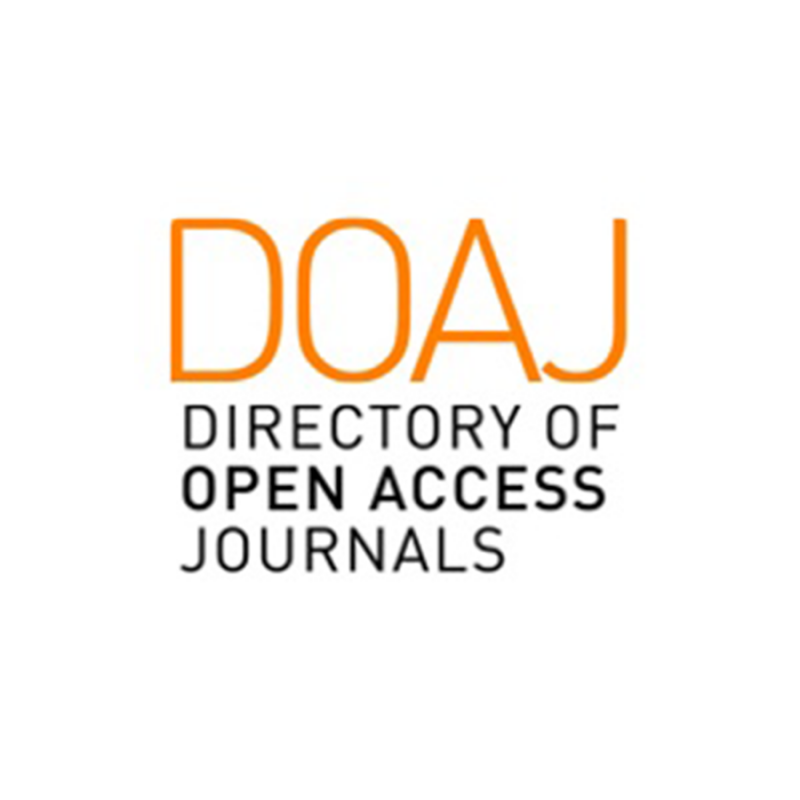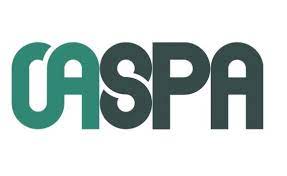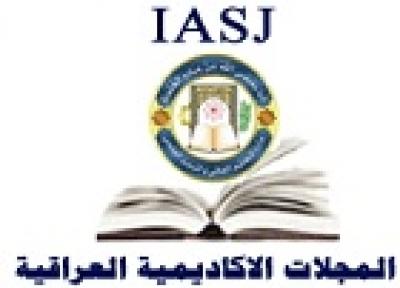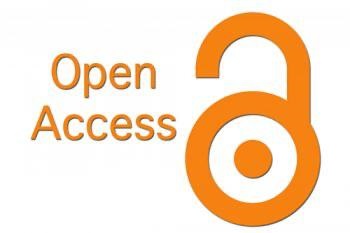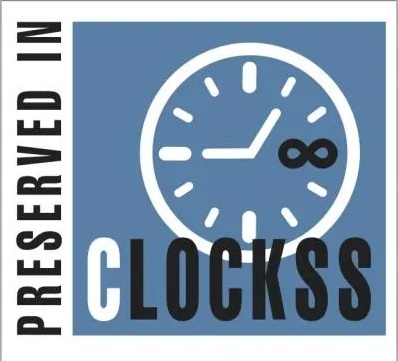Knowledge, Attitudes, and Practice of Self-Medication among Medical Students at Sudan International University, Sudan
DOI:
https://doi.org/10.47723/kcmj.v19i1.873Keywords:
Self-Medication, Knowledge, Attitude, Practice, Students, SudanAbstract
Background: Self-medication is a practice or action taken by individuals for themselves in order to achieve and maintain health, as well as to avoid and protect against disease. The aim of this study is to evaluate the knowledge, attitudes, and practice of self-medication among medical students at Sudan International University.
Subjects & Methods: This was a prospective study that involved 288 out of 1000 students in the Faculty of Medicine at Sudan International University. Data were collected using a self-administered questionnaire from January to March 2022 to evaluate the self-medication knowledge, attitude, and practice among first, second, and third-year medical students.
Result: The age groups of this study were arranged as follows; 197(17-20 year), 72(21-23 year) and 19(>23 year). Regarding the sex of the study population, the female group was 215(74.7%) while the male group was 73(25.3%). The classification of the population according to their academic levels; as follows; first year 124 (43.1%), second year 52 (18.1%) and third year 112(38.9%). The prevalence of self-medication was found to be a common practice by the majority of the students, since 279 (96.9 %) of the study group practiced self-medication, in contrast to only 9 (3.1%), who did not deal with any self-medication. Also, the result showed that the most common drugs were; vitamins 183 (65.6%) and analgesics 176 (63.1%) followed by antibiotics 172 (61.6%). Regarding the illnesses described by the student as an indication of self-medication, they are as follows; headache is the most common (93.2%), followed by common cold and cough 211(75.6%). Concerning the source of information used by the studied population for self-medication, pharmacists were found to be the main source of information 122 (42.4%) followed by parents of the students 102 (35.4%). Furthermore, the results revealed that the main reason given for practicing self-medication by the study group was that the illness was not serious is (69.5%).
Conclusion: Self-medication was found to be widely practiced in 96.9% of cases, and the main reasons for self-medication were that the disease was not serious.
Downloads
Published
Issue
Section
License
Copyright (c) 2023 AL-Kindy College Medical Journal

This work is licensed under a Creative Commons Attribution 4.0 International License.



